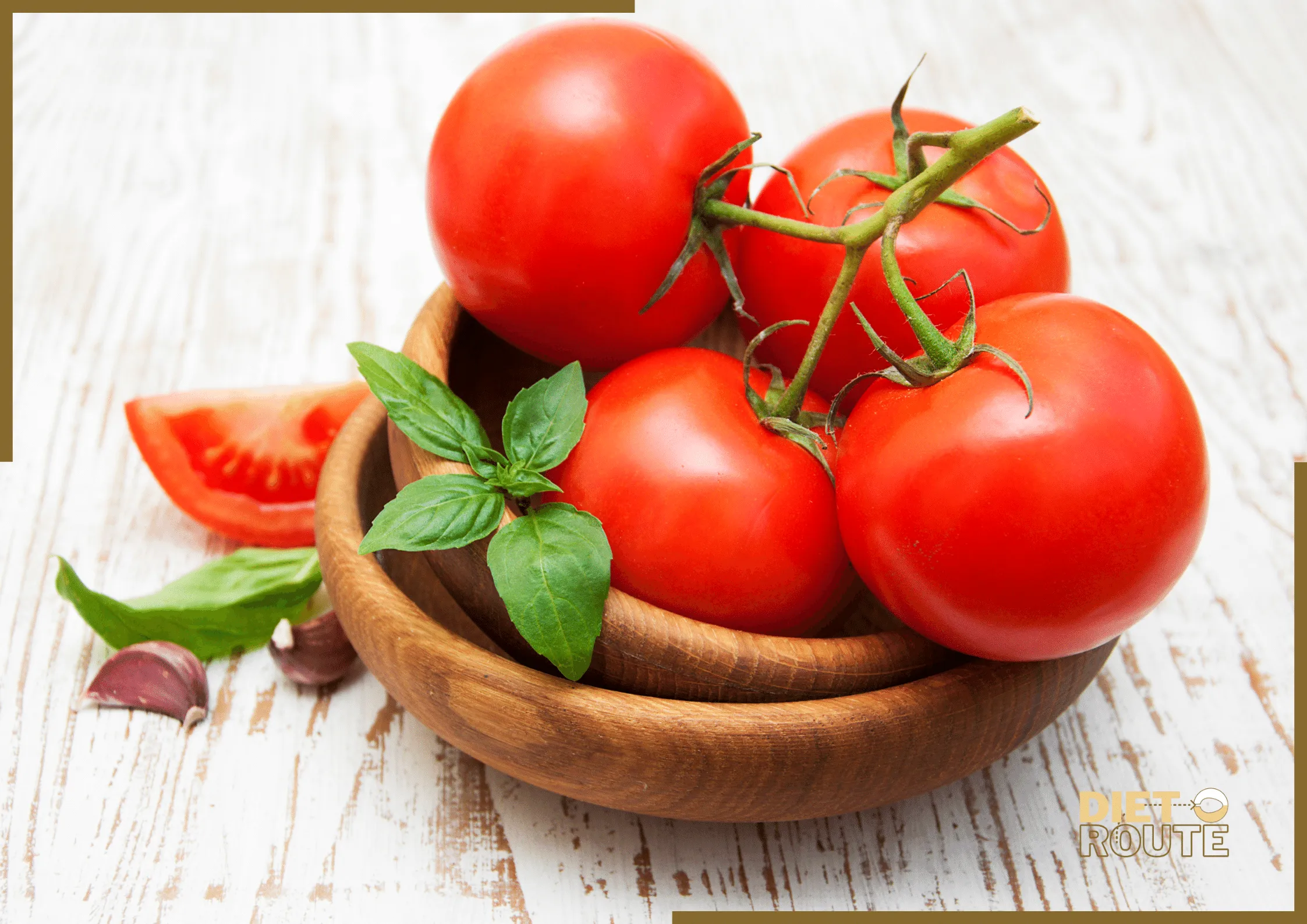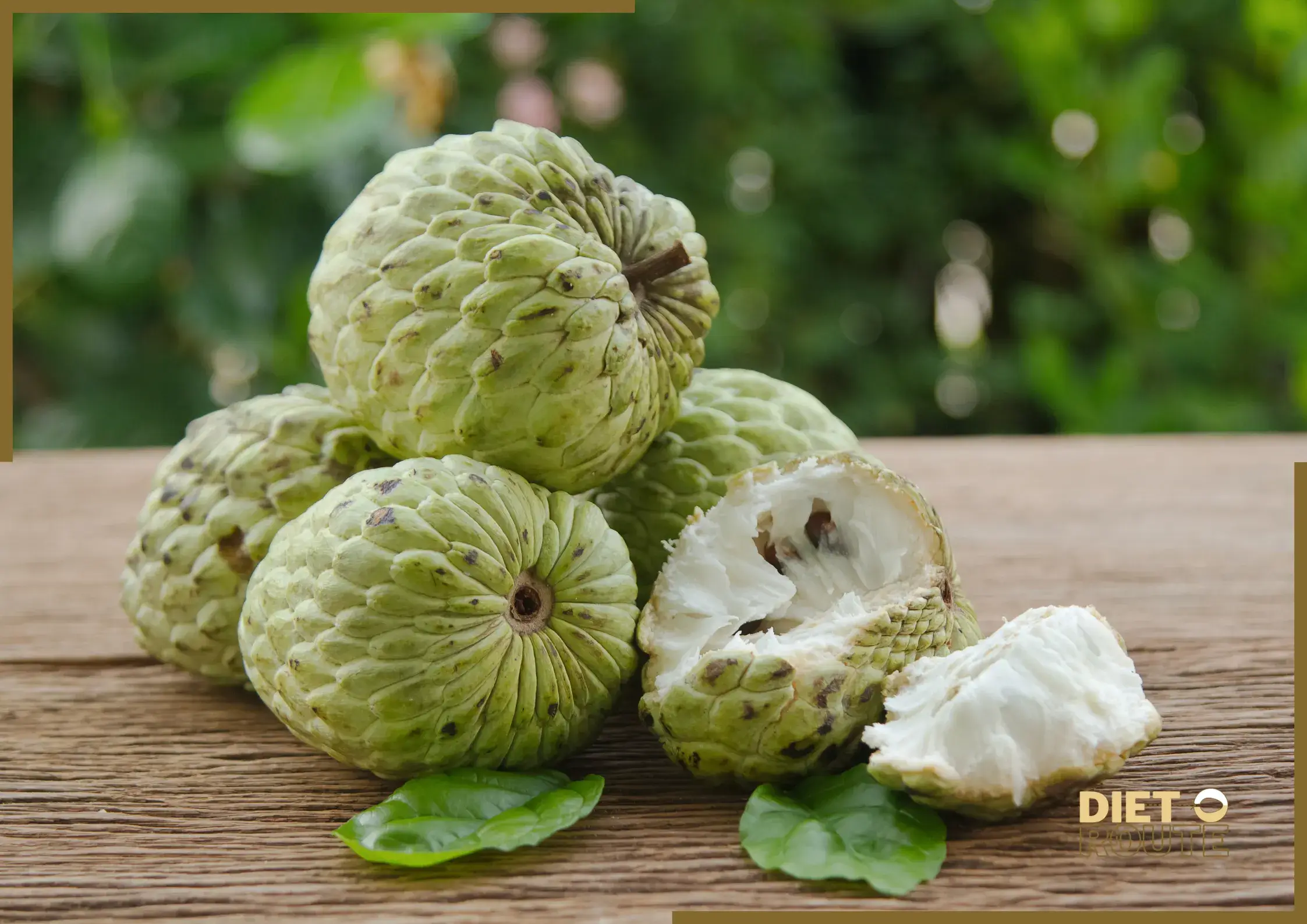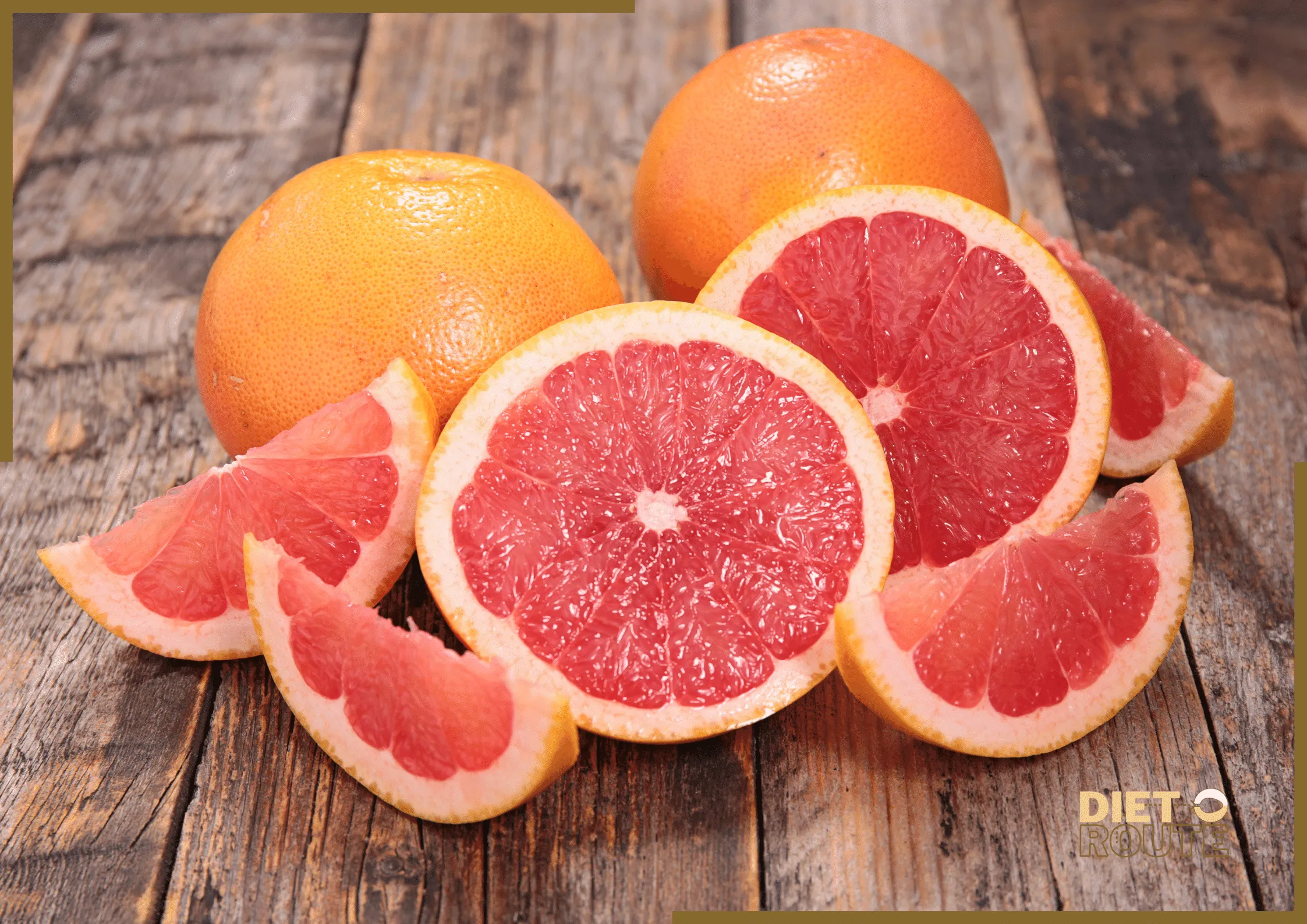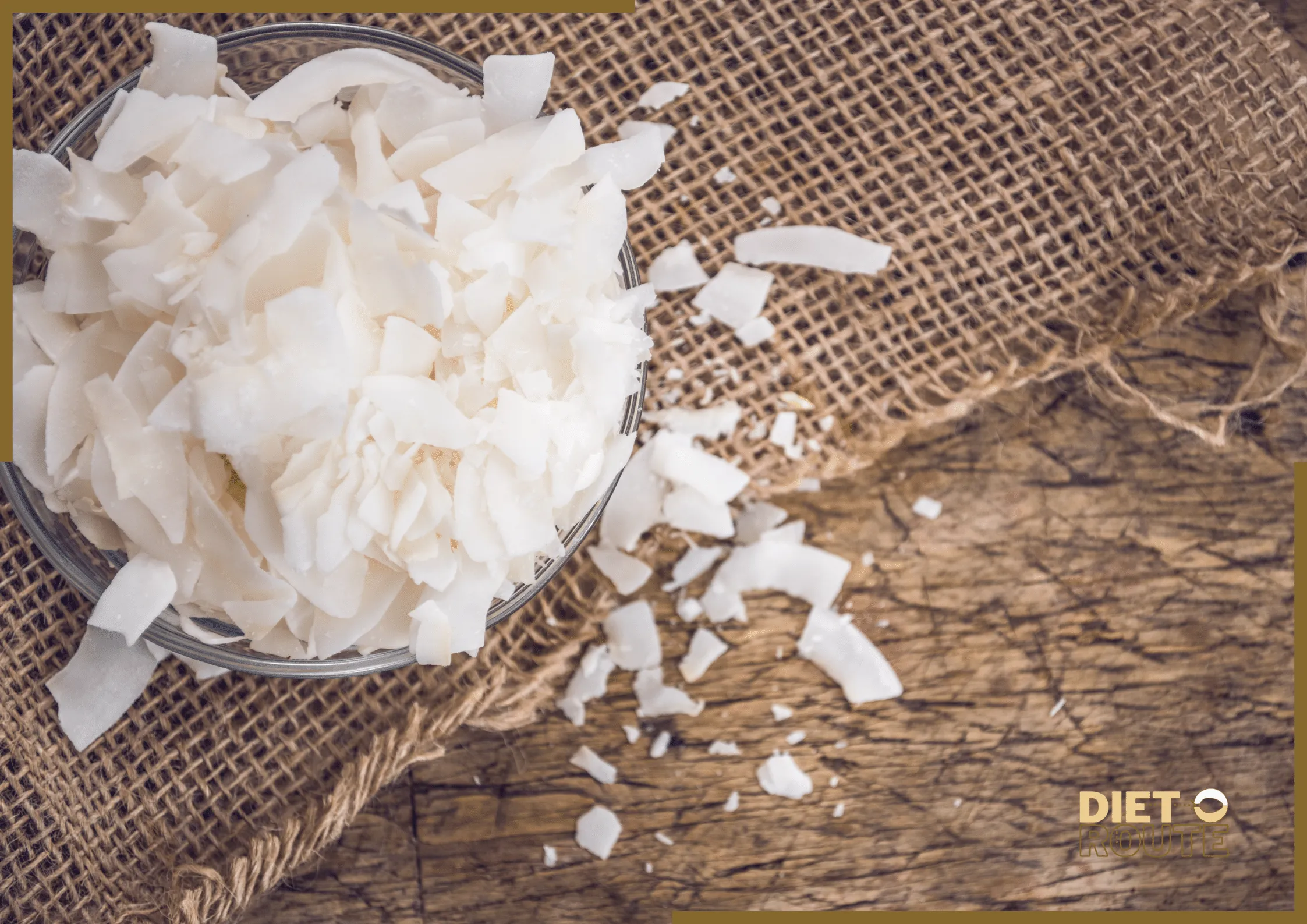Table of Contents
Introduction
Tomato is a highly popular and versatile fruit that is consumed extensively across the globe. This fruit is renowned for its vivid red hue, succulent consistency, and indulgent flavor. They are not only a popular ingredient in cooking but also provide numerous health benefits. This article showcases a tabular presentation of the nutritional value, including the corresponding % daily value. The article covers the advantages and disadvantages and offers solutions to commonly asked questions (FAQs).
Nutritional Value Approximately 100g
The values provided are approximate can vary depending on the size and ripeness.
| Nutrient | Amount per 100g | % Daily Value |
|---|---|---|
| Calories | 18 | 1% |
| Carbohydrates | 3.9g | 1% |
| Protein | 0.9g | 2% |
| Fat | 0.2g | 0% |
| Fiber | 1.2g | 5% |
| Vitamin C | 14mg | 23% |
| Vitamin A | 1025IU | 21% |
| Vitamin K | 7.9mcg | 10% |
| Potassium | 237mg | 7% |
*Percent Daily Values (% DV) are based on a 2,000-calorie diet.
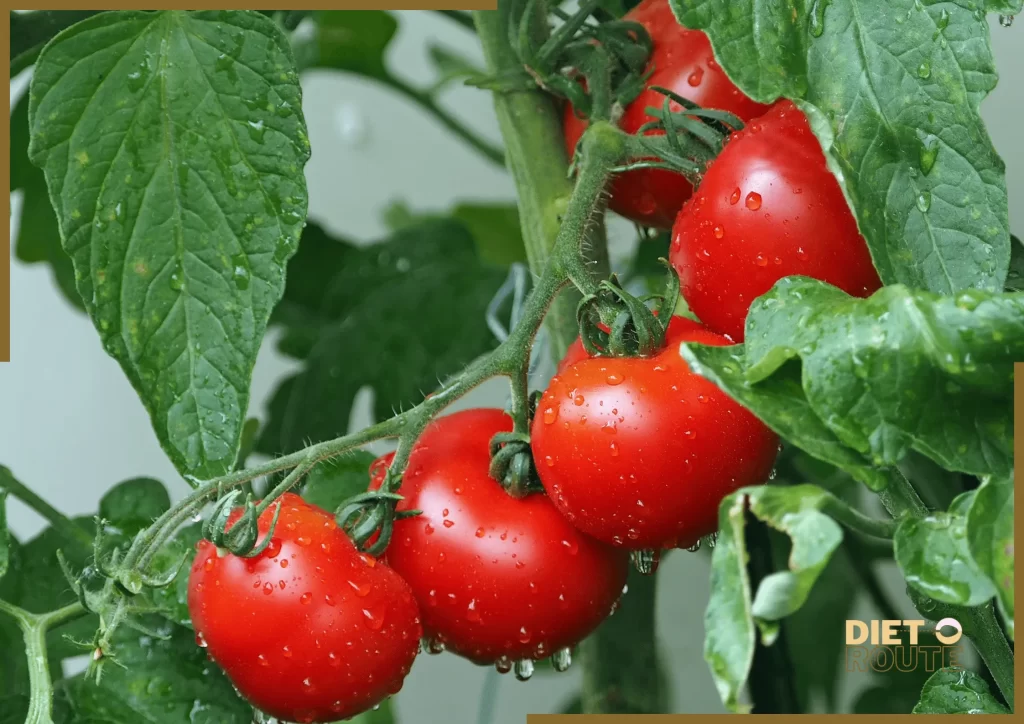
Pros
1. Tomatoes are a nutrient-rich food source that contains vital vitamins, minerals, and antioxidants, which can promote optimal health and wellness.
2. Tomatoes’ lycopene, an antioxidant, is linked to a lower risk of heart disease. Lycopene is associated with a reduced risk of specific types of cancer, such as prostate, lung, and stomach cancer, making it an excellent cancer prevention measure.
3. They are a great source of lutein and zeaxanthin, two powerful antioxidants that can help improve eye health and potentially lower the risk of age-related macular degeneration.
4. They are great for skin health due to their high vitamin C content, which promotes collagen production, ultimately leading to healthy skin and protection against skin damage.
5. They are a great source of hydration due to their high water content, making them an excellent choice for maintaining proper hydration levels.
6. They are a great addition to a balanced diet for weight management due to their high fiber and low calorie content.
7. The Fiber Content in Tomatoes Promotes Regular Bowel Movements and Supports a Healthy Digestive System.
Cons
1. Certain people may have an allergic reaction to tomatoes, resulting in symptoms such as skin irritation, itching, or digestive issues.
2. They have a mild acidic nature that can cause heartburn or acid reflux in people with sensitive stomachs.
3. They are part of the nightshade family, and individuals who are sensitive to nightshade plants may experience negative reactions. This is important to keep in mind if you have a nightshade sensitivity.
4. They have oxalates that may increase the risk of kidney stone formation in people who are susceptible to it.
5. They may cause allergic reactions in people with histamine intolerance due to the presence of histamines that can be released.
Frequently Asked Questions (FAQs)
1. Tomatoes: Fruit or Vegetable?
They are classified as fruits in botanical terms, but they are widely used and referred to as vegetables in culinary applications.
2. Do tomatoes aid in weight loss?
They are an excellent addition to a weight loss diet due to their high fiber content and low calorie count. They can help you feel full and satisfied while also aiding in digestion.
3. Are tomatoes safe for people with diabetes to eat?
Including in a balanced diet can be beneficial for individuals with diabetes due to their low glycemic index. It is important to take into account portion control and carbohydrate intake for optimal health.
4. What are some ways to include tomatoes in my daily meals?
Fresh tomatoes are a versatile ingredient that can be used in salads, sandwiches, sauces, and soups. These versatile ingredients can be utilized in a variety of culinary preparations, including roasting and grilling.
5. Do raw and cooked tomatoes have different nutritional values?
Cooked tomatoes can increase the availability of specific nutrients, like lycopene, which can be beneficial for health. Although cooking is essential for preparing food, it may cause a partial loss of heat-sensitive vitamins.
6. Do tomatoes trigger skin allergies or reactions?
Tomato allergies are uncommon but possible, and may cause skin reactions such as hives or rashes in some people.
7. Are there any natural pesticide residues in tomatoes?
Like several other fruits and vegetables, may have natural pesticides in small quantities. It is advisable to wash them properly prior to consumption.
8. Are tomatoes gluten-free?
Individuals who follow a gluten-free diet can safely consume tomatoes as they are naturally free of gluten.
9. Do certain medications interact with tomato consumption?
Compounds found in tomatoes have the potential to interact with specific medications. For personalized advice on medications, it’s recommended to consult with your healthcare provider.
10. Are tomatoes safe for people with kidney issues to consume?
For those with kidney issues, it is recommended to seek advice from a healthcare professional or registered dietitian regarding tomato consumption, as the oxalate levels may require careful consideration in their diet.
In a Nut Shell
Tomatoes are a highly nutritious and versatile fruit that provide numerous health benefits. They are a great source of vitamins, minerals, and antioxidants, whether consumed fresh or cooked. They are a highly beneficial addition to a well-rounded diet, as they support heart health, boost the immune system, promote healthy digestion, and maintain skin health. They are a versatile ingredient that can add a pop of color and tangy flavor to a range of dishes, including salads, sauces, soups, and sandwiches. Incorporate as a regular ingredient in your kitchen and relish the flavor and nutritional advantages they offer to your dishes.
